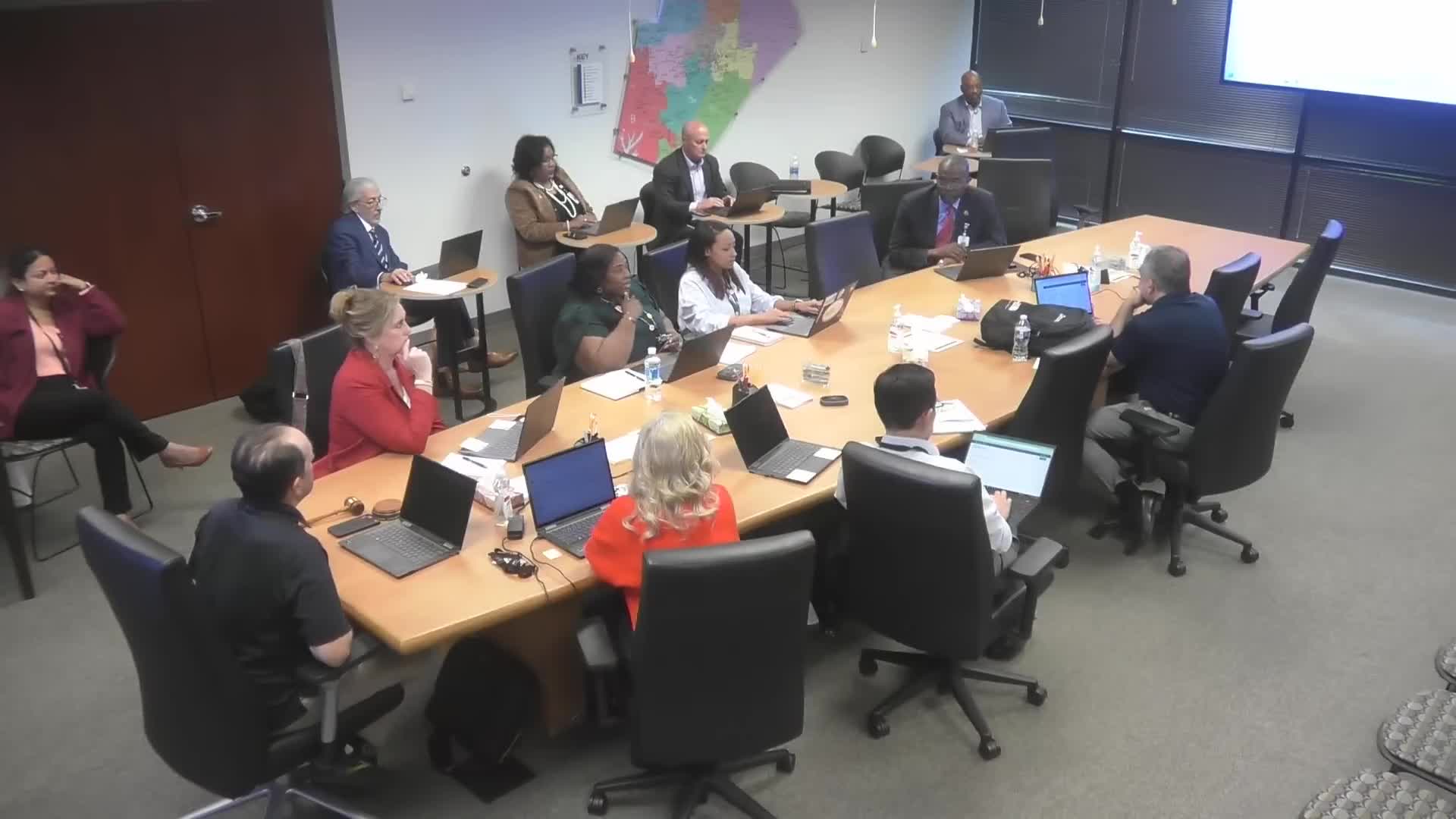Board members press for wider public engagement, multiple options on Ligon project after alumni concerns
Get AI-powered insights, summaries, and transcripts
Subscribe
Summary
Committee members, alumni and the superintendent discussed Ligon project plans and community expectations. Board members asked for broader engagement, multiple design options and clearer procurement/transparency information; staff described current advisory work and said any change from the board’s earlier renovation commitment would return to the
Board members and staff spent an extended portion of the Facilities Committee meeting discussing Ligon, where alumni and community members have raised concerns about the project's scope and the level of public engagement.
Superintendent Taylor said staff and architects had met with a small advisory group of alumni, parents and school staff and that out of those conversations the idea of constructing a new building arose. Taylor told the committee that the board previously committed CIP funds for a renovation and that "any kind of change or shift from that would have to come back to this board." He also said the district would broaden community engagement before making any recommendation.
Why it matters: Ligon is a historically significant school for many Wake County residents and alumni. Several board members said the public has repeatedly expressed that preserving the school's legacy should be a priority; members asked staff to present multiple options (for example, renovation, renovation with additions, or replacement) with cost estimates, timelines and a summary of how each option would honor legacy elements.
Procurement and selection questions: Several committee members asked why certain procurement methods were used and whether the district should rely more on RFQs (request for qualifications) to widen the pool of designers or contractors. A facilities staff member explained that FD&C uses RFQs for design selections and for construction manager‑at‑risk (CMAR) selections per state statute, but that the bid thresholds and type of work determine whether a formal bid, RFP or RFQ is used.
Community process and next steps: Board members and the superintendent said they would expand listening sessions rather than rely on a single board‑table meeting. Superintendent Taylor said he would undertake additional outreach and collect input from multiple alumni groups and community stakeholders, then return a summary and any recommendation to the board. Several board members asked staff to present multiple schematic options (including cost and capacity implications) before the board takes a final position.
Speakers named or quoted: Superintendent Taylor; Miss Rice (board member, District 4); Miss Gordon (board member); Miss Caulfield (board member); Mr. Strickland (board member); Miss Reisley (board member); unnamed facilities staff and architect representatives who briefed alumni and the board.
What was not decided: No board action or vote was taken at the meeting to change the project scope. Committee members requested that staff expand public engagement, provide comparative options and return to the full board with findings and proposals.
